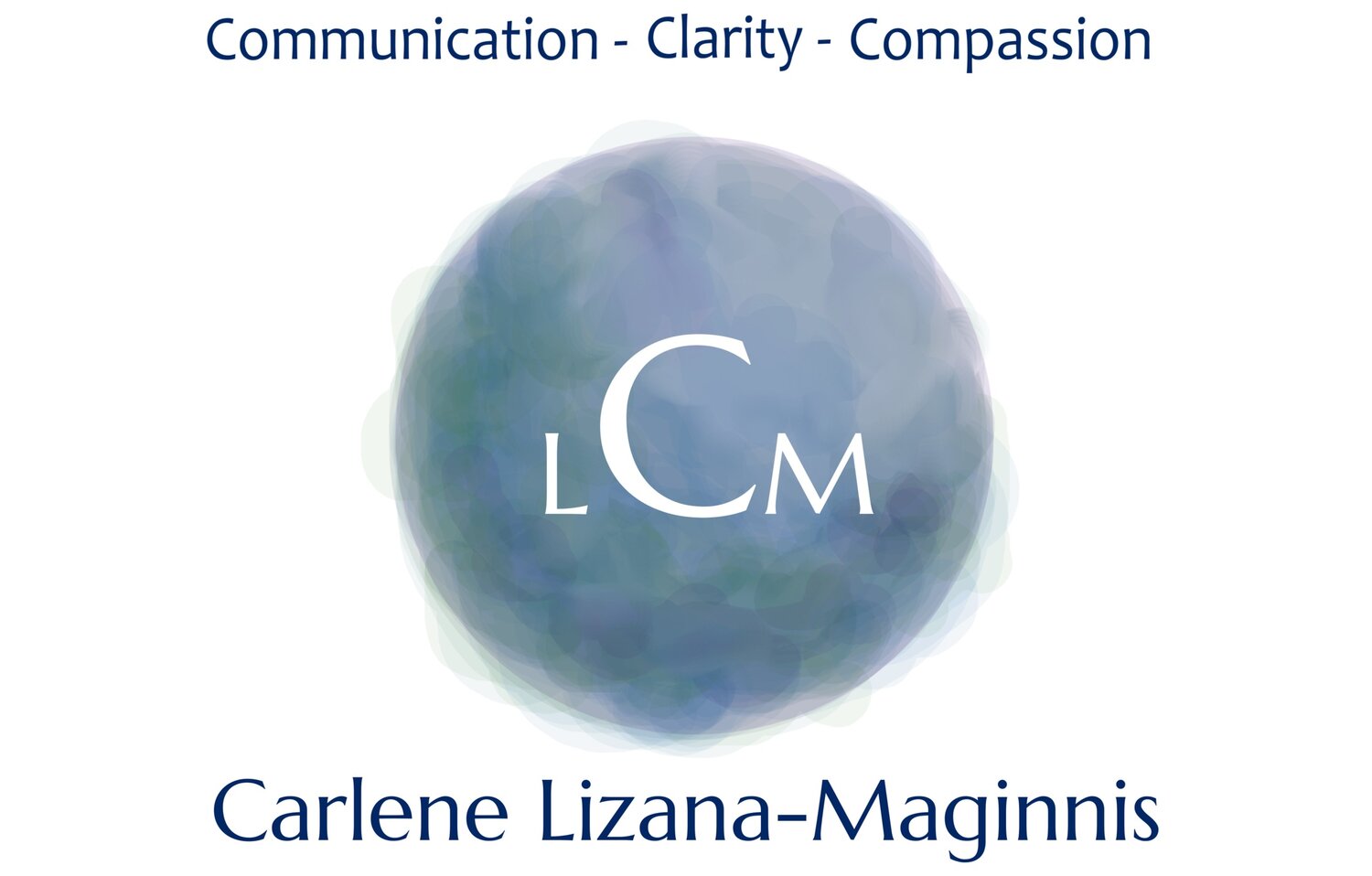About Carlene Lizana-Maginnis
Carlene Lizana-Maginnis, a Certified Trainer with the Center of Nonviolent Communication, supports Dr. Marshall Rosenberg’s modality Nonviolent Communication, also known as NVC or Compassionate Communication.
Carlene received her B.A. in Management and Human Relations from Trevecca Nazarene University after offering nursing care in surgical healthcare in a local private practice and staff support in 12 step recovery centers. When she was introduced to the study of nonviolent communication in early 2000's, she studied with Dr. Rosenberg, which led her to a three-year certification program with the Center for Nonviolent Communication.
Locally, she’s serves as board member and chair of NVC Nashville, a local organization whose mission is to learn, practice and share NVC. As facilitator, Carlene supported weekly NVC Practice Groups and an online practice group for the International NVC Academy. In addition, she offers multi-week series in the study and practices of Nonviolent Communication, contributes to local organizations as a speaker on the topic of NVC, leads experiential workshops on implementing the processes and practices of NVC, and supports the mission of NVC Nashville as an involved member of the local community.
Carlene lives in Nashville with her favorite giant ball of canine love and empathy, Henry Booty Ward!
About Nonviolent Communication
Developed by Dr. Marshall Rosenberg, Nonviolent Communication (NVC) is a process used to communicate with greater compassion and clarity. It focuses on two things: honest self-expression (exposing what matters to oneself in a way that’s likely to inspire compassion in others) and empathy (listening with deep compassion).
Formal NVC self-expression includes four elements: observations (distinguished from interpretations/evaluations), feelings (emotions separate from thoughts), needs (deep motives), and requests (clear, present, doable and without demand).
Those who use Nonviolent Communication (also called “compassionate communication”) describe all actions as motivated by an attempt to meet one’s own basic human needs. However, in meeting those needs, practitioners of NVC seek to avoid the use of coercion (e.g., by using praise, blame, duty, obligation, punishment, or reward, or by inducing fear, guilt, or shame).
The goal of NVC is to create a situation in which everyone’s needs matter. The assumption is that, from this state of mutual understanding, new strategies will flow that are more likely to meet needs of everyone at less emotional cost. A key prinicipal of nonviolent communication that supports this is the capacity to express oneself through the use of observations rather than opinions and emphasizing one's feelings and needs, rather than thoughts and solutions.
If you would like more information about Carlene or NVC, or if you are interested in getting started on your journey to living nonviolently, please contact us.



